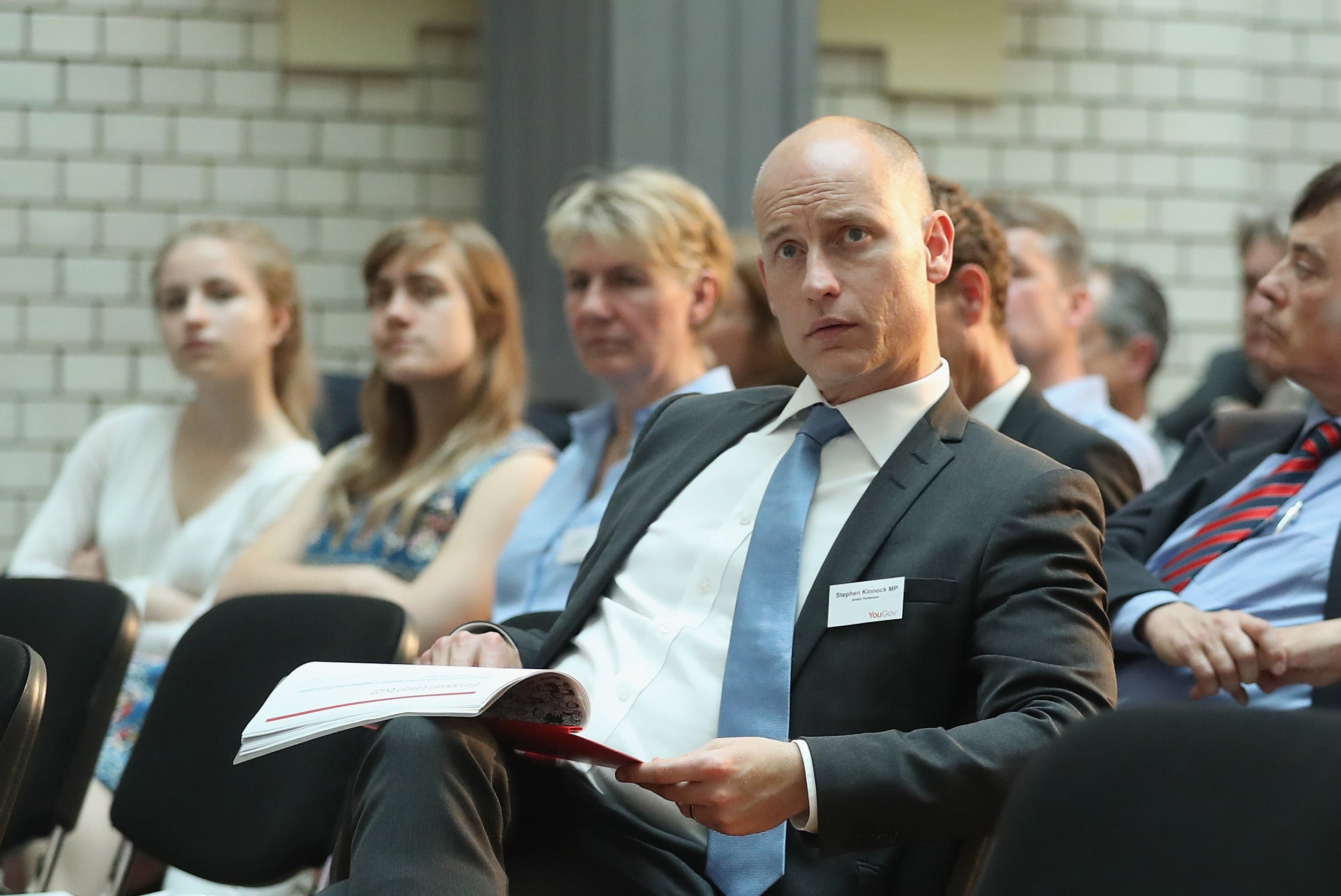By rejecting freedom of movement Labour MPs are betraying everything that they stand for
The argument that politicians have no choice but to submit to vague notions of public opinion ignores one crucial fact. Public opinion isn’t formed independently, but driven by narratives from the political class and the media

Imitation is the sincerest form of flattery, so Theresa May and Nigel Farage must be preening at the arguments on migration a handful of Labour MPs have put forward this weekend. Writing in The Observer, Stephen Kinnock and Emma Reynolds argue that by not adopting stricter rules on immigration, Labour “leaves a vacuum for the right to fill”. Both argue that the Brexit vote was a referendum on immigration, and the result leaves no choice but for Labour to be tougher on EU migration, ending free movement.
Much of the news cycle this week has focused on the crisis in the NHS: with a dearth of beds and a staffing crisis, the British Red Cross has been called in to deal with a “humanitarian crisis” in hospitals across the country. Now imagine how much worse the situation would be with tighter migration rules: around a quarter of NHS doctors qualified abroad, and 55,000 of the 1.2 million NHS staff are citizens of other EU countries. Labour politicians advocating a stricter migration policy argue that qualified EU nationals will not be denied entry, but in practice, creating an environment with far more bureaucracy, and an environment that sends the message that migrants are not wanted will massively harm recruitment. If you can work in Germany or France without wasting weeks applying to the Home Office for residency, why on earth would you choose to work in Britain? Newly qualified doctors born in the UK are quitting the NHS at an alarming rate and applying for jobs as far afield as Australia: subjecting highly qualified EU nationals to tedious paperwork that the rest of Europe eschews does nothing to sell the UK as an attractive prospect for work.
Simply giving up and following the Ukip and Conservative line belies a poverty of ambition among this wing of the Labour party, and an unwillingness to engage with misinformation and ill-founded arguments about migration head-on. Many of the areas that voted Brexit are post-industrial, with few jobs and very little security and rights in the jobs that do exist: this is down to a long-term assault on workers’ rights: you’d hope Labour politicians would consider the foundations of their party and push for greater trade union rights and membership levels, and for an end to subsidising huge companies that pay poverty wages.
But the argument that politicians have no choice but to submit to vague notions of public opinion ignores one crucial fact. Public opinion isn’t formed independently, but driven by narratives from the political class and the media. Decades of anti-migrant rhetoric in parliament and the press has resulted in few voters having realistic ideas of the genuine level of migration, on both a national level and in their local community. Theresa May, as Home Secretary, was key to spreading this misinformation, famously claiming a Bolivian student who had overstayed his visa could not “be deported because, and I am not making this up, he had a pet cat”. Except she was making it up: the appellant was granted because he was in a long-term, serious relationship, not because of his pet. Except the damage was done and the effect the Conservatives desired was whipped up before the corrections rolled in.

Granted, being rapped by lawyers and the media for such an error will have been embarrassing for May, but far more people will have heard the false cat anecdote than the opprobrium that followed.
Arguing for tighter immigration controls, and claiming that this is the clear message of the Brexit vote is essentially a move designed to try and poach a few Ukip and Conservative swing voters, but ignores a far larger body of people: the 48 per cent of voters who wanted to remain in the EU, a large proportion of whom live in areas with higher migration than average. Those 16 million people were committed to the EU project, which includes free movement: ignoring those people shows certain parts of the Labour party haven’t learned their lesson from the 13 years they were in power: if you triangulate, you die.
Encroaching on the centre ground, or in this case the centre-right ground, might net you a few voters who would ordinarily eschew your party, but risks alienating far more people who feel the Labour party has abandoned them.
Join our commenting forum
Join thought-provoking conversations, follow other Independent readers and see their replies
Comments
Bookmark popover
Removed from bookmarks